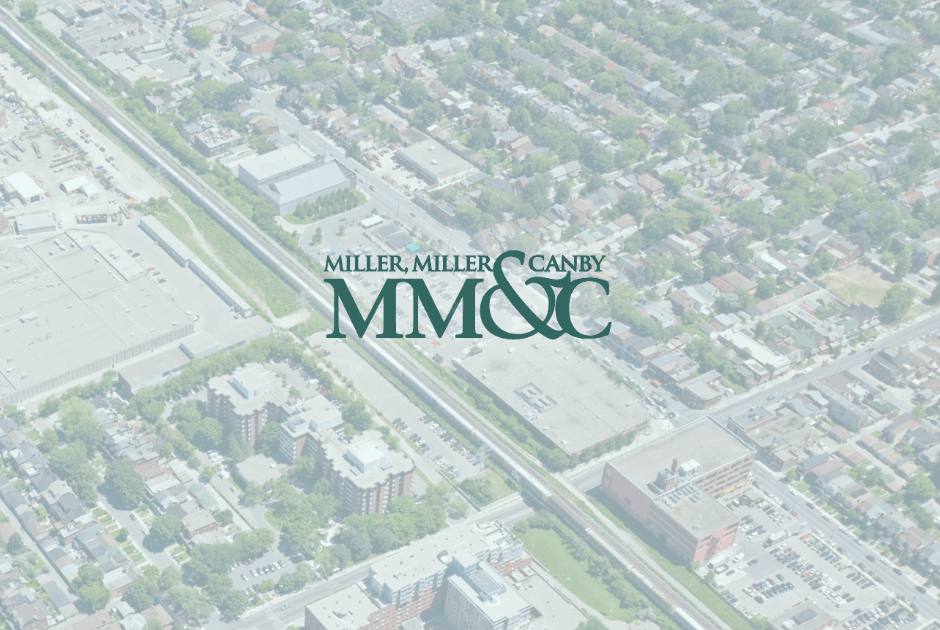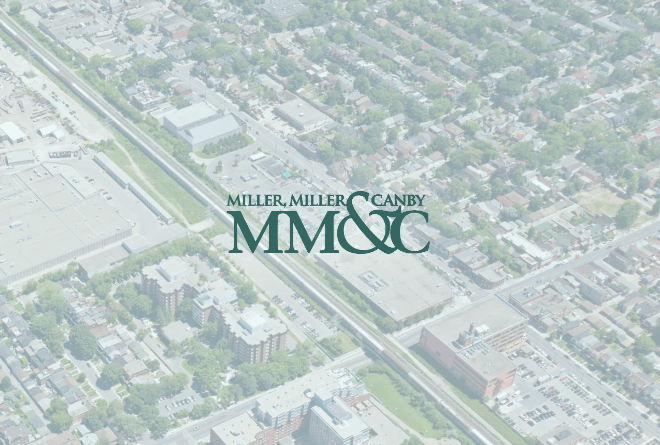The terms “conditional use” and “special exception” are interchangeable – they both refer to the same type of land use approval. A conditional use/ special exception is a use that has been legislatively predetermined to be conditionally compatible with land uses that are permitted by right in a particular zone provided a finding is made that certain statutory criteria (conditions) governing the use are satisfied. In other words, the use is presumptively valid and is permissible as long as certain prescribed conditions are satisfied. Of course, not all conditional uses are permitted in all zones and the conditions that must be satisfied vary depending upon the use and, in some cases, the zone.
Montgomery County has historically referred to this type of use as a “special exception”. However, the term “special exception” has led to some misunderstanding among those unfamiliar with zoning law who have mistakenly assumed that a special exception use is a use out of the ordinary, otherwise prohibited in a particular zone, and is being approved under special circumstances as an exception to the law. To paraphrase the former Hearing Examiner and Planning Board Chairman, the term “special exception” is a misnomer because the use is neither special, nor an exception. Accordingly, as part of the recent rewrite of the Montgomery County Zoning Ordinance, the term “conditional use” has been substituted for the term “special exception” to better clarify that these uses are, indeed, permissible uses provided that certain prescribed conditions are satisfied.
There have also been other changes made to the Zoning Ordinance pertaining to conditional uses. For instance, some of the prior special exception categories have been consolidated into new conditional use categories in an effort to provide consistency and to simplify the Ordinance; other uses have been converted to a new category – “Limited uses” – or have been altogether eliminated as in the case of long outdated land uses categories. One important change is that the Hearing Examiner, not the Board of Appeals, will now become the final decision-maker in most conditional use cases.
Whatever the business use or the zone, it is important to determine in advance what, if any, zoning approvals will be required. No business owner wants to receive a notice of violation directing that it close down business operations because it lacks the necessary zoning approvals. Some of the more typical conditional uses include: animal boarding and care, veterinary offices, landscape contractors, group living (e.g., independent living facilities for seniors or persons with disabilities; residential care facilities), private educational institutions, child daycare,major home-based businesses, and major home health practitioners’ offices, but this is by no means an exhaustive list. Whether you intend to start a new business that requires conditional use approval, currently operate a special exception/conditional use that you intend to modify, or have discovered that your business operation is out of compliance with zoning regulations, obtaining legal advice is helpful in identifying zoning issues and working through the approval process.
Miller, Miller & Canby has represented businesses and property owners for over 75 years. Please feel free to contact the land use attorneys with Miller, Miller and Canby for any conditional use or other zoning-related assistance.



Share this Article: